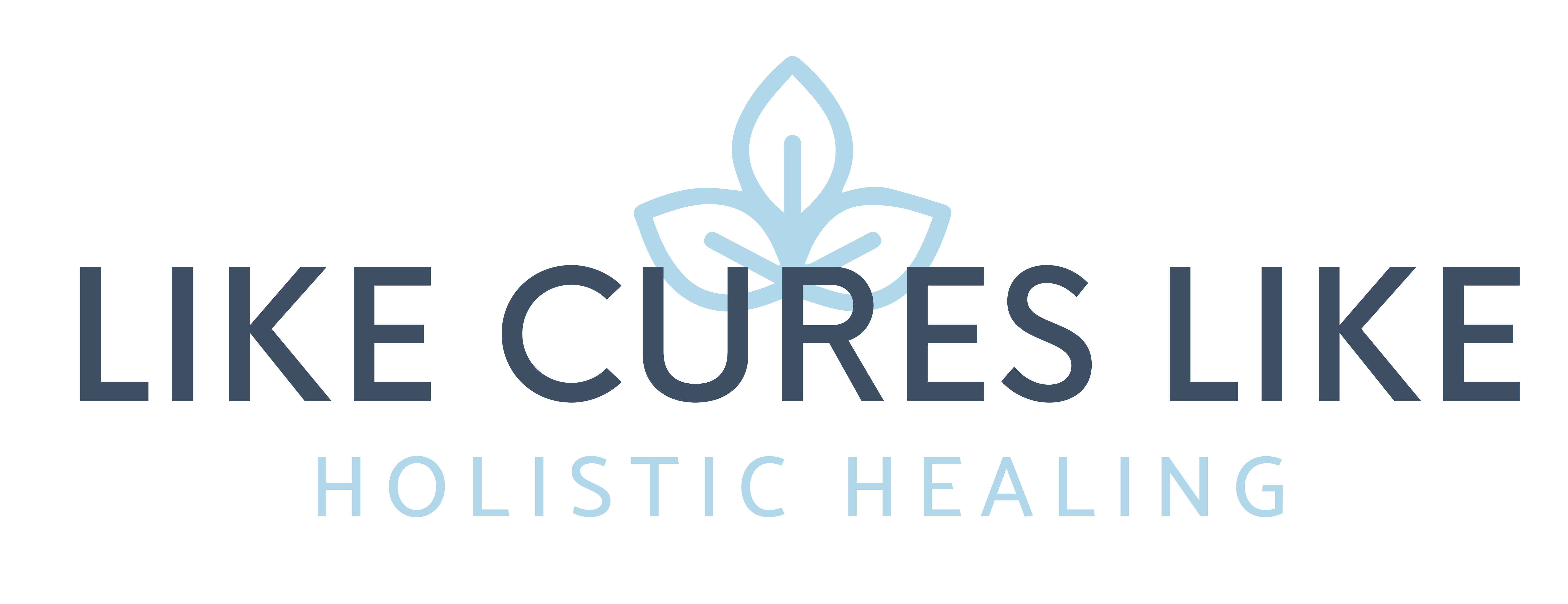THE EFFECTS OF SCREEN TIME ON HUMAN ENERGY AND HEALTH
Are you noticing the effects of too much screen time?
When we spend time on screens, the body is exposed to harmful blue light, electromagnetic radiation, X rays and other forms of radiation.
You may not think that you spend too much time on your phone but think about all the screens you view daily: smartphone, desktop computer, laptop, tablet, game system, and LED TV. Many of us spend more time looking at screens than sleeping.
According to the Washington Post, 50 percent of teens admit that they feel addicted to their mobile device, and 27 percent of their parents admit they can’t put down their smartphone either.
EYE STRAIN
Over 50 percent of people who work in front of a computer screen experience a condition known as digital eye strain. Common symptoms of digital eye strain include eye fatigue, dry eye, irritated or itchy eyes, red eyes, and headaches. These symptoms are thought to be caused by overexposure to high-energy visible light or “blue light” emitted by digital devices.
Blue light has a wavelength of 380 nm to 500 nm, which means it is one of the shortest, highest-energy wavelengths that humans can perceive. These waves penetrate deep into the eyes and create a glaring effect, which results in irritation and strain.
LED’s (blue light) are usually full of shortwave length light which decreases melatonin production. Melatonin is known as the “sleep hormone” since it is produced at night and it plays a key role in adjusting your body clock. Research has shown that two hours exposure to blue light significantly decreased melatonin production.
Low levels of melatonin levels can lead to fatigue and lack of energy.
Excessive screen time can lead to eye dryness, irritation, fatigue, blurry vision, headaches, and eyestrain. One study looked at specific factors related to children that may make them more prone to computer vision syndrome.
WEIGHT GAIN
When using screens, we are typically inactive and use up little energy. Being inactive can disrupt our normal appetite and signal us to eat passively which means we end up eating more than we need. Screen time can also increase exposure to marketing of foods and drinks that promote weight gain. Screens themselves don’t contribute to weight gain, but increased screen time is a marker of an overall inactive lifestyle.
High cortisol levels
Excessive screen time is associated with increasing cortisol levels. Cortisol is known as our stress hormone and it plays an important role in helping the body respond to stress. High levels of cortisol have been linked to reduced energy levels and poor sleep.
If you find yourself regularly scrolling through Facebook, or you play games consoles for hours at a time, you may find that you’re lacking in energy and feel sluggish. Try to avoid excessive screen time in the evening to avoid high cortisol and stress levels.
Q SCREEN HOMEOPATHIC DROPS could be just the remedy you need to counteract the effects of screen use.
Q Screen is the solution to support and detox the body from harmful exposure to blue light, EMF, X rays and other forms of radiation
Q Screen protects against mobile phone, computer, tablet, EMF overload
Use 5 drops before and after heavy screen use.
Available directly from my clinic and online at Harbord Homeopathic Clinic.
www.hhcc.com.au
Blushield is an active EMF protection technology designed to protect users from the health effects of man-made electromagnetic fields that surround us constantly. Blushield comes in a wide variety of devices to suit all lifestyles, including devices for the home, the office, the car and portable devices for protection on-the-go. Blushield is designed in New Zealand and has been developed over the past 25 years to be the most advanced active EMF protection available.
You can read more about the products here.
For a more personal consultation to look at your individual needs, you can contact me on:
0415847429

